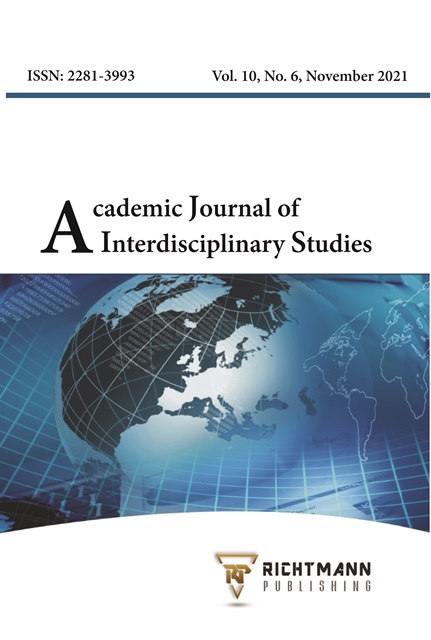Juvenile Delinquency with its Social and Criminal Dimensions: The Case of Fushe Kosovo
DOI:
https://doi.org/10.36941/ajis-2021-0172Keywords:
Juvenile delinquency, deviant behaviour, affecting factors, marginalization, familyAbstract
In the last century, it has been emphasized that children differ from adults and that they should be protected, and many national and international regulations have been made to ensure the rights of children, including children who are delinquents. Despite all the importance given to children, many wars and efforts for their sake, they can be the subject or victim of the crime as adults, or they can be the perpetrators of the crime themselves. For this reason, juvenile delinquency has been a highly debated issue in the legal world due to different worldviews that aim to define its full meaning. Given that the factors affecting juvenile delinquency vary according to conditions and countries, its determination is of great importance. For this reason, the laws that guarantee that the child has the right to life, protection, development and participation aim to provide social justice for all children. This paper presents general insights into the dominant factors influencing juvenile delinquency as well as research using qualitative, statistical and legal-dogmatic methods, which are the main reasons supporting the emergence of juvenile delinquency in the city of Fushe Kosova.
Received: 26 July 2021 / Accepted: 26 October 2021 / Published: 5 November 2021
Downloads
Downloads
Published
Issue
Section
License

This work is licensed under a Creative Commons Attribution-NonCommercial 4.0 International License.
This work is licensed under a Creative Commons Attribution-NonCommercial 4.0 International License.








